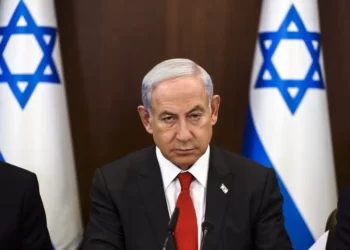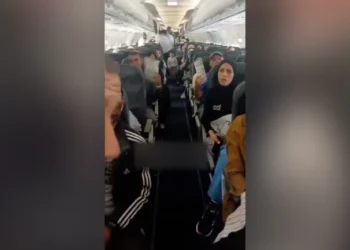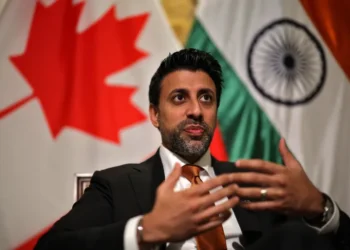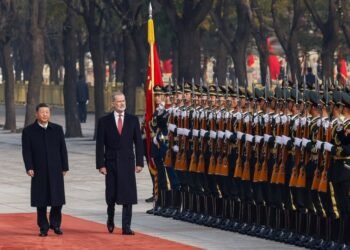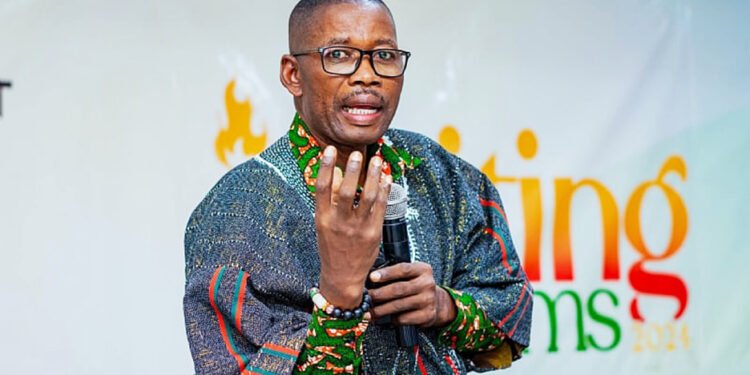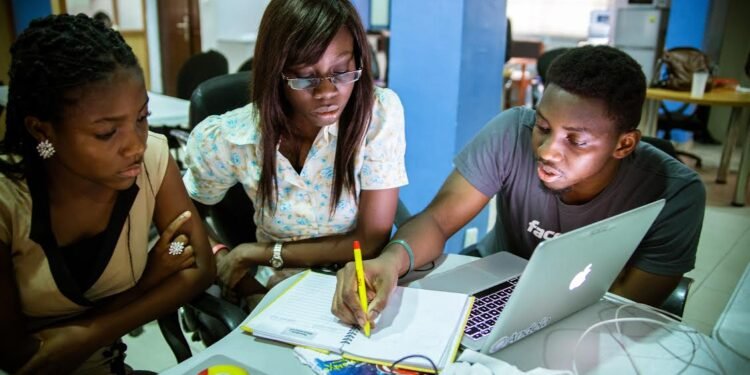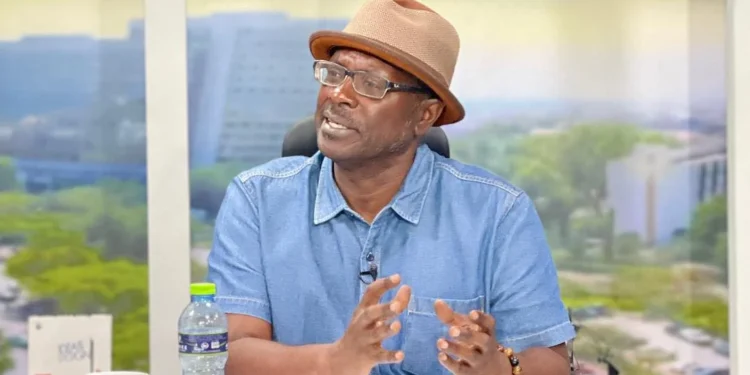Following President Yoon Suk Yeol’s removal from office, a snap election date has been set for South Korea.
Prime Minister Han Duck-soo, who is the acting President, announced that the government “is to set June 3 as the date for South Korea’s 21st presidential election.”
He added that the day would be designated as a temporary public holiday to facilitate voting.
Han disclosed that the government had decided on the date considering the “need to ensure smooth election operations and allow sufficient time for political parties to prepare.”
He said that the government had discussed the issue with the National Election Commission and “other related agencies.”
Yoon was removed by the constitutional court for violating his official duty by issuing the martial law decree on December 3, 2024, and mobilising troops in an attempt to halt parliamentary proceedings.

The law requires a new presidential election within 60 days if the position becomes vacant.
South Korea has faced months of political turmoil since Yoon stunned the country by declaring martial law, triggering his impeachment by parliament and the impeachment of Han Duck-soo, who is also acting President.
Han’s impeachment was later overturned by the constitutional court and he will continue in the role of acting president until the election.
Lee Jae-myung, the populist leader of the opposition liberal Democratic party who had lost to Yoon by a razor-thin margin in 2022, is a clear front-runner.
However, he faces legal challenges of his own under multiple trials for charges including violating the election law and bribery.
Yoon’s conservative People Power party has a wide-open field of candidates, led by labour minister Kim Moon-soo, who announced his intention to run on Tuesday.
Ahn Cheol-soo, a lawmaker from the ruling People Power Party who contested in the last three presidential elections, has also thrown his hat into the ring.
According to a Gallup poll published on 4 April, 34% of respondents supported Lee as the next leader, 9% backed conservative Kim Moon-soo, 5% former ruling party leader Han Dong-hoon, 4% Daegu Mayor Hong Joon-pyo, and 2% Seoul Mayor Oh Se-hoon.
Deep political polarization will likely shape the election into a two-way showdown between Yoon’s People Power Party and its chief liberal rival, the Democratic Party, which holds a majority in the National Assembly.
It will be an uphill battle for the People Power Party as it struggles to restore public confidence and heal severe internal divisions left by Yoon’s brief enactment of martial law.
Leif-Eric Easley, a Professor at Ewha University in Seoul, opined that South Korea’s conservative party faces significant disadvantages heading into the upcoming election. “Two months is a short time to unify the base, moderates and a conspiracy-driven fringe around a single candidate,” he said.
Efforts To Deal With Trump Tariffs Overshadowed

The power vacuum at the top of South Korea’s government has overshadowed Seoul’s efforts to deal with the administration of US President Donald Trump at a time of spiralling US tariffs and slowing growth in Asia’s fourth-largest economy.
Last week, United States President, Donald Trump announced a 25 percent tariff on South Korean imports as part of his “liberation day” trade measures targeting almost all US trading partners.
While Trump exempted a handful of sectors from the tariffs, including semiconductors – a major export of South Korean tech giants Samsung and SK hynix, the country’s auto industry is grappling with a separate 25 percent tariff that went into effect last week.
Cars and other vehicles are South Korea’s best-selling products in the US, accounting for 27 percent of the $127.8bn in US-bound exports in 2024.
South Korean Trade Minister, Cheong In-kyo on Tuesday departed for Washington, where he will attempt to negotiate relief from Trump’s tariffs.
READ ALSO: Ghana Engages U.S. Over New Tariff Amid Concerns For Local Exporters




